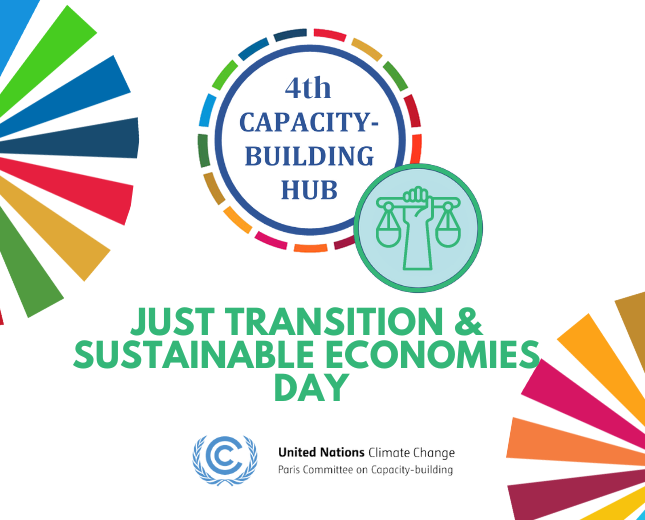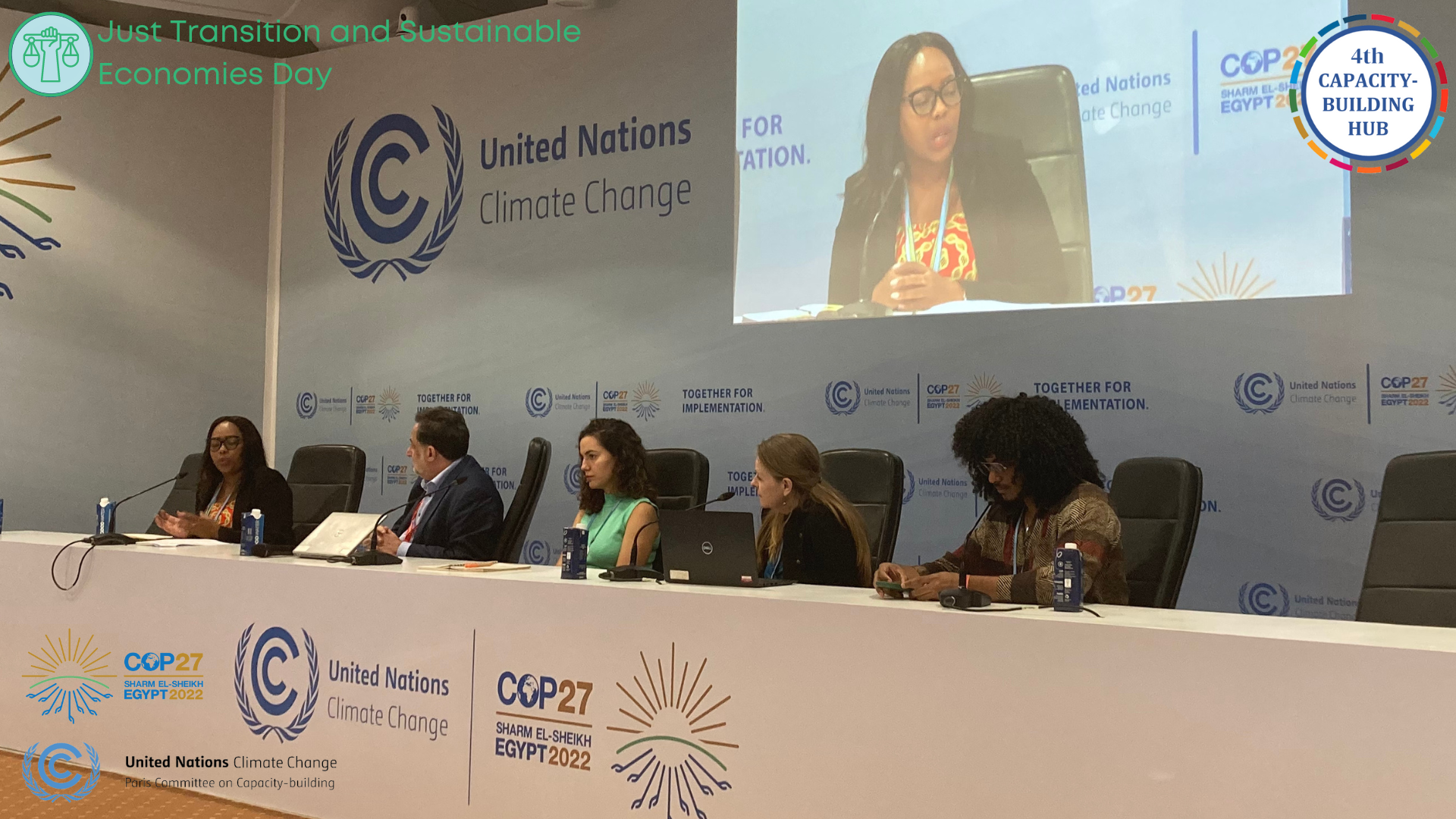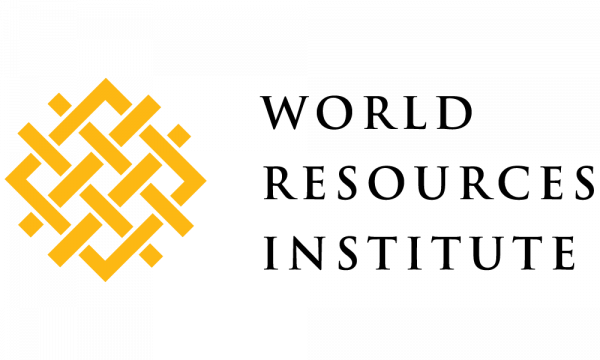Organizer
Background
The World Resources Institute (WRI) is a global research organization that works with governments, businesses, multilateral institutions and civil society groups to develop practical solutions to some of the world’s most pressing environmental challenges. Our work is organized around seven global challenges: cities, climate, energy, food, forests, oceans and water and analyzed through the lens of business, finance, economics and equity.
Building on our work with the Initiative for Climate Action Transparency (ICAT), this event seeks to draw attention to the ongoing efforts of national governments to integrate Just and Gender Inclusive Transition strategies into their next generation NDCs and LT LEDS. Currently, WRI is working on a Just Transitions Tracking Guide to be published by ICAT that outlines the process countries can follow to mainstream Just Transitions strategies into national frameworks. This work is being complimented by in-country projects in South Africa and Nigeria, working with national stakeholders to refine a methodology for tracking key Just Transition indicators, which can be used to enhance reporting and set NDCs and LT LEDS.
Objectives
-
Provide an overarching view on the importance of including just transition strategies in local policy documents and aligning it with NDCs and LT LEDS
-
Hear examples from countries currently working on including just and gender inclusive transition on their NDCs and LT LEDS and the relevant data and tools used in the process
-
Conduct a panel discussion to work through any challenges countries may be facing in their own design taking input from the country presentations
Structure & Speakers
| Time |
Segments & Speakers |
| 1 min |
Welcome & overview of session
by Moderators David Waskow & Mario Finch, WRI
|
| 5 min |
Keynote 1: Setting the Scene
- Some of the key insights from Copenhagen
- What are some of the plans for 2023 based on these outcomes
- Resources available from ICAT
by Henning Wuester, ICAT Director - Presentation
|
| 5 min |
Panel Intervention 1: What is the importance of tracking JGIT indicators any lessons learned from updated NDCs ?
by Thuli Khumalo, Presidential Climate Commission, South Africa
|
| 5 min |
Panel Intervention 2: How has JGIT been integrated in DR’s updated NDC and current considerations for LT LEDS?
by Pedro Coss Sanz, Consultor técnico en Consejo Nacional para el Cambio Climático y Mecanismo de Desarrollo Limpio, Dominican Republic
|
| 5 min |
Panel Intervention 3: How has JGIT been integrated in Nigeria’s updated NDC and current considerations for LT LEDS?
by Peter Tarfa, Federal Ministry of Labor and Employment, Nigeria
|
| 5 min |
Panel intervention 4: How has JGIT been integrated in Brazil's updated NDC and current considerations for LT LEDS?
by Flavia Bellaguarda, Gerente de Relaçōes Institucionais, Brasil
|
| 25 min |
Panel Discussion
- How will you know if you’ve achieved a just transition (vision for your country)?
- What are the key metrics or indicators you would look for to know if you’ve achieved a just transitions?
- Has there been any challenges with including this information in national or international policy documents in your respective countries? If so, what are they?
moderated by Rebecca Carter, WRI
|
| 8 min |
Audience Q&A
moderated by Rebecca Carter, WRI
|
| 1 min |
Closing Remarks
by Moderators David Waskow & Mario Finch, WRI
|
Key Outcomes
- Procedural Justice is key to driving an inclusive and stakeholder led vision for a Just Transition for countries.
- There is a wide diversity of “Just Transition” visions for countries and an increasing need to ensure the necessary data and tools are available for countries as they monitor their progress.
- Just Transition strategies are growing, and resources are available through ICAT and the World Resources Institute as they work with countries to define this process.


